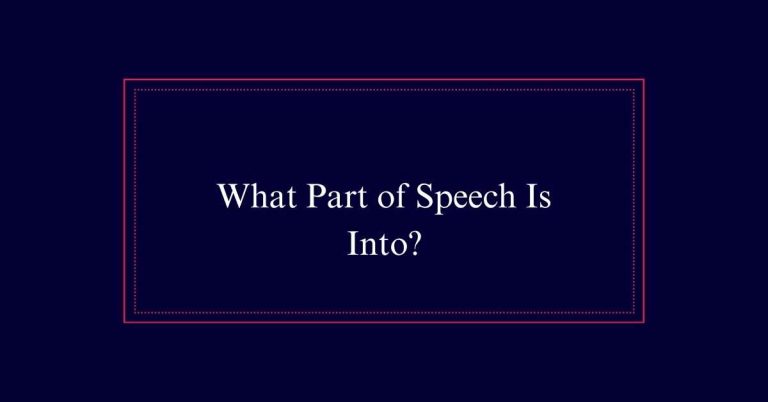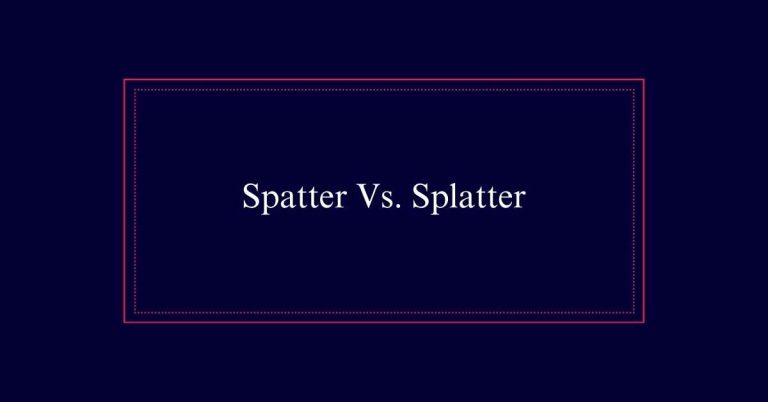The Appeal to Hypocrisy Fallacy
The appeal to hypocrisy fallacy, also known as the tu quoque fallacy, discredits an opponent’s argument by pointing out their perceived inconsistencies or flaws. Instead of addressing the argument itself, the focus shifts to the person’s behavior, effectively diverting attention.
This fallacy undermines productive discourse by introducing irrelevant personal attacks. It shares characteristics with ad hominem and red herring fallacies, as it both attacks the person and distracts from the main issue.
Understanding the Appeal to Hypocrisy
The appeal to hypocrisy fallacy, also known as the tu quoque fallacy, occurs when someone attempts to discredit an opponent’s argument by pointing out their contradictory behavior. This fallacy shifts the focus from the argument to the person, highlighting perceived flaws or inconsistencies.
For instance, if a person advocating for healthy eating is seen eating junk food, their dietary advice might be dismissed as hypocritical. This tactic often serves as a red herring, diverting attention from the actual issue at hand.
It’s important to recognize that pointing out hypocrisy does not invalidate the opponent’s argument. Instead, it distracts from evaluating the argument on its merits.
Relevance in Logical Fallacies
Relevance plays an important role in distinguishing logical arguments from fallacies. A sound argument must focus on the topic at hand. When arguments include irrelevant information, they often become fallacies.
The appeal to hypocrisy fallacy, for instance, shifts focus to an opponent’s contradictory behavior rather than addressing the actual issue. This diversion makes the argument less effective and credible.

Ensuring relevance in discourse means sticking to facts and logical connections. Claims should be directly related to the topic and supported by evidence.
When evaluating arguments, always check if the points made are pertinent. This practice helps maintain the integrity of the discussion and avoids misleading conclusions.
Personal Attacks and Distraction
Personal attacks often serve as a distraction from the main argument, diverting attention to irrelevant issues. When individuals resort to name-calling or highlighting personal flaws, they shift focus away from the actual topic. This tactic undermines productive discourse and can derail meaningful debate.
The appeal to hypocrisy fallacy frequently involves such personal attacks, aiming to discredit an opponent by exposing their inconsistent behavior. However, this does not address the argument’s significance. Instead, it sidesteps the issue, making it harder to reach a rational conclusion.
Tu Quoque: The Latin Term
Recognizing the focus on personal attacks, it is important to understand the term ‘tu quoque,’ which translates to ‘you also’ in Latin. This term is used to describe a specific type of logical fallacy.
In a tu quoque fallacy, one attempts to discredit an opponent’s argument by highlighting their own contradictory behavior. The goal is to shift attention away from the actual issue and onto the opponent’s actions.
This tactic is often seen in debates and discussions, where it serves as a distraction rather than a legitimate rebuttal.
Similarities to Other Fallacies
The appeal to hypocrisy fallacy shares characteristics with other logical fallacies, such as ad hominem and red herring. Like the ad hominem fallacy, it involves personal attacks. However, instead of attacking the person directly, it focuses on highlighting the opponent’s contradictory behavior. This makes it seem like the opponent’s argument is invalid because they do not practice what they preach.
Additionally, it resembles the red herring fallacy by diverting the discussion from the main topic. Both fallacies mislead the audience, causing them to focus on the opponent’s flaws rather than the argument’s merits.
Common Examples
Common examples of the appeal to hypocrisy fallacy illustrate how individuals attempt to undermine opponents by highlighting their inconsistent actions. For instance, a politician advocating for climate change action might be criticized for flying frequently.
Another example is a parent who tells their child to avoid junk food but is often seen eating unhealthy snacks. Similarly, a teacher promoting the importance of reading while not engaging in reading themselves can also be cited.
These examples show how people focus on the perceived hypocrisy of the individual rather than the argument’s merit. This strategy diverts attention from the actual issue and instead attacks the opponent’s character or behavior.
Why It’s Irrelevant
Focusing on an opponent’s contradictory behavior shifts the discussion away from the actual issue at hand. This redirection makes the appeal to hypocrisy fallacy irrelevant. The primary concern in any debate should be the validity of the arguments presented, not the personal behavior of those making the arguments.
Avoiding This Fallacy
To avoid the appeal to hypocrisy fallacy, always make sure your arguments remain relevant to the topic at hand. Focus on the main issue rather than pointing out contradictions in your opponent’s behavior. This helps maintain a constructive and logical discussion.
Here are some practical steps:
- Stay Topic-Focused: Address the central point without diverting to personal attacks.
- Use Credible Sources: Make certain that the information you present is well-supported by reliable evidence.
- Check Relevance: Before making a claim, ask if it directly relates to the argument being discussed.
Assessing Credibility and Relevance
When evaluating credibility and relevance, it is crucial to assess the reliability of the sources and the pertinence of the information to the topic at hand. Credible sources are trustworthy, unbiased, and often peer-reviewed. They provide information that is accurate and verifiable.
Relevance means the information directly relates to the issue being discussed. In avoiding the appeal to hypocrisy fallacy, one must focus on the argument itself rather than the personal actions or characteristics of the opponent. Make sure that claims are supported by solid evidence and stay pertinent to the topic.
Key Differences From Ad Hominem
Although both appeal to hypocrisy and ad hominem fallacies involve personal attacks, they differ in their focus and intent.
The appeal to hypocrisy, or tu quoque fallacy, discredits an opponent by highlighting their contradictory behavior. In contrast, an ad hominem fallacy attacks the opponent’s character or personal traits to undermine their argument.
Key differences include:
- Focus: Appeal to hypocrisy targets behavior inconsistencies, while ad hominem targets character flaws.
- Intent: Appeal to hypocrisy aims to show hypocrisy, whereas ad hominem seeks to discredit the person entirely.
- Relevance: Both are irrelevant to the argument, but appeal to hypocrisy shifts focus to behavior, whereas ad hominem shifts to personal traits.







